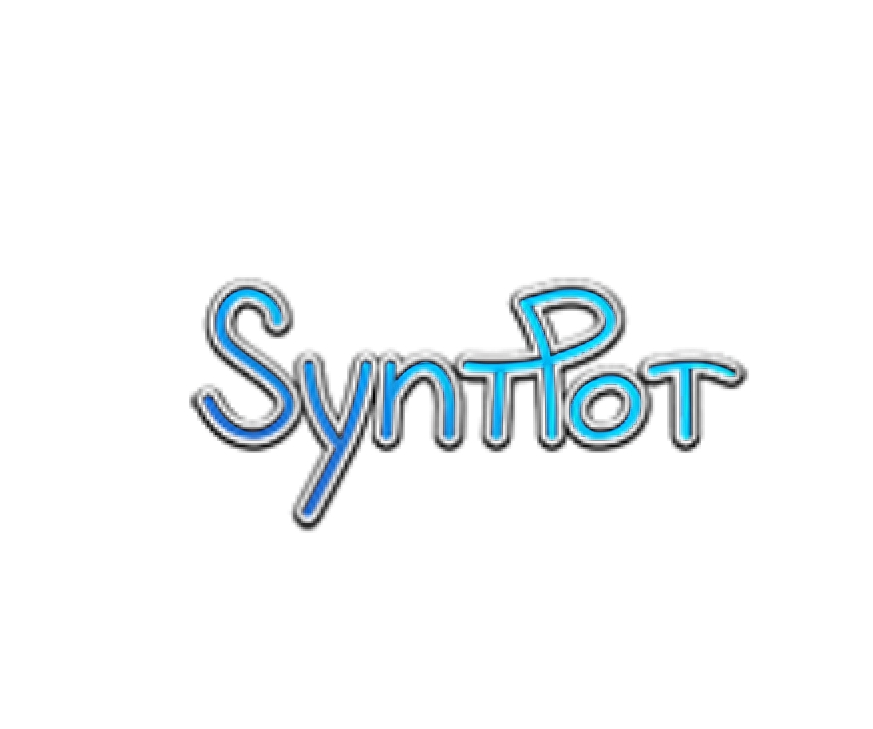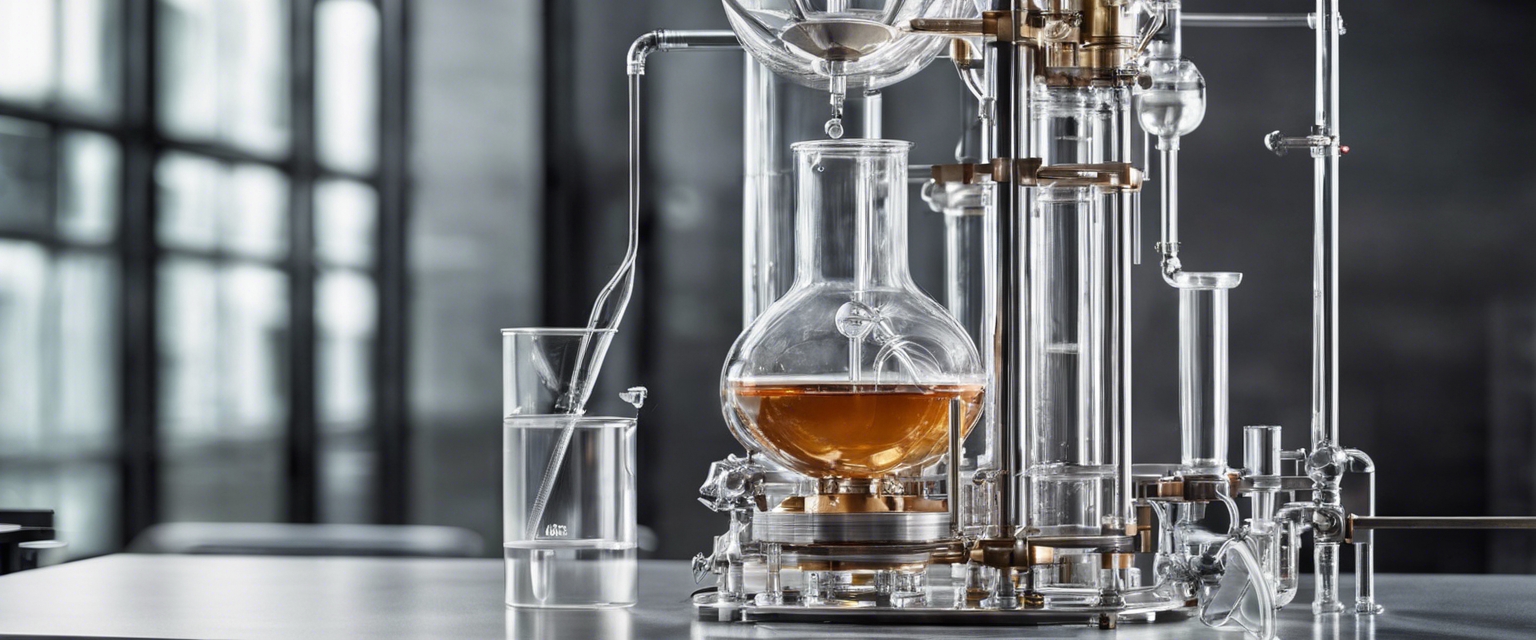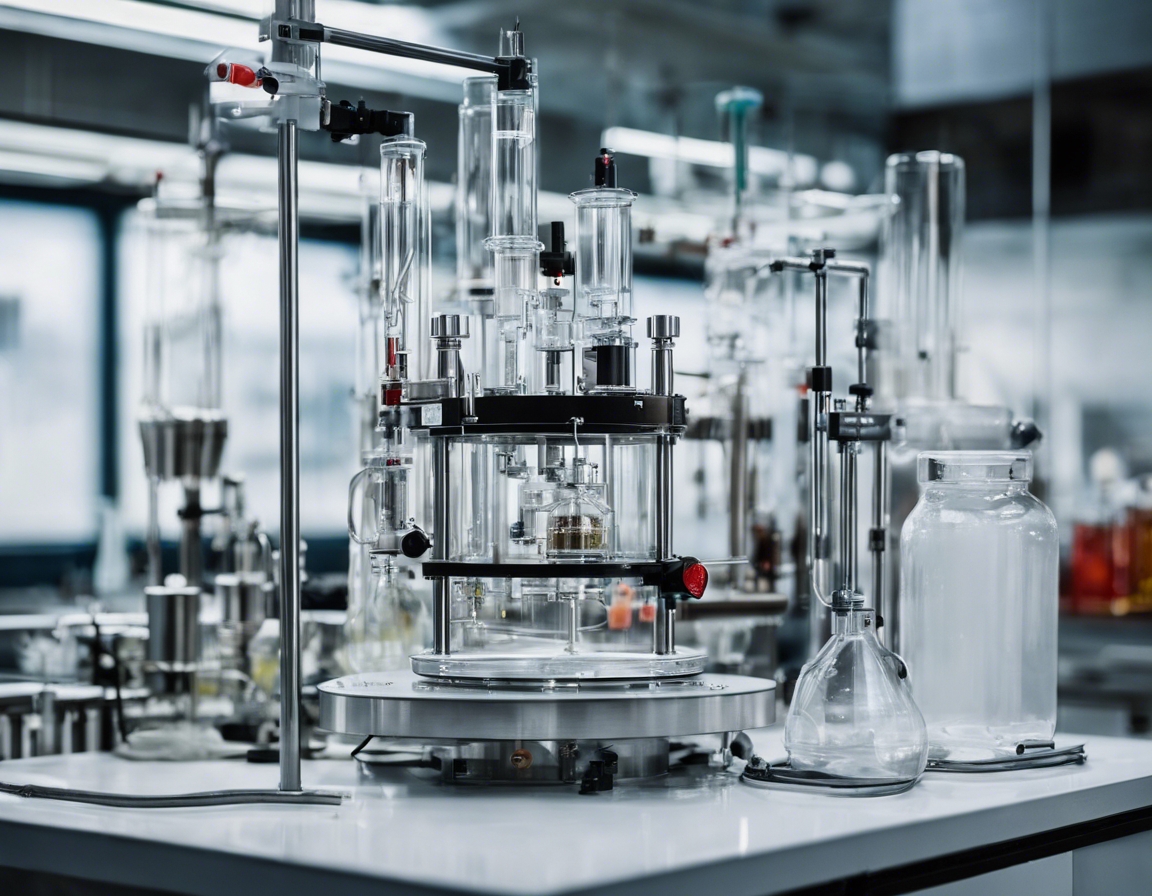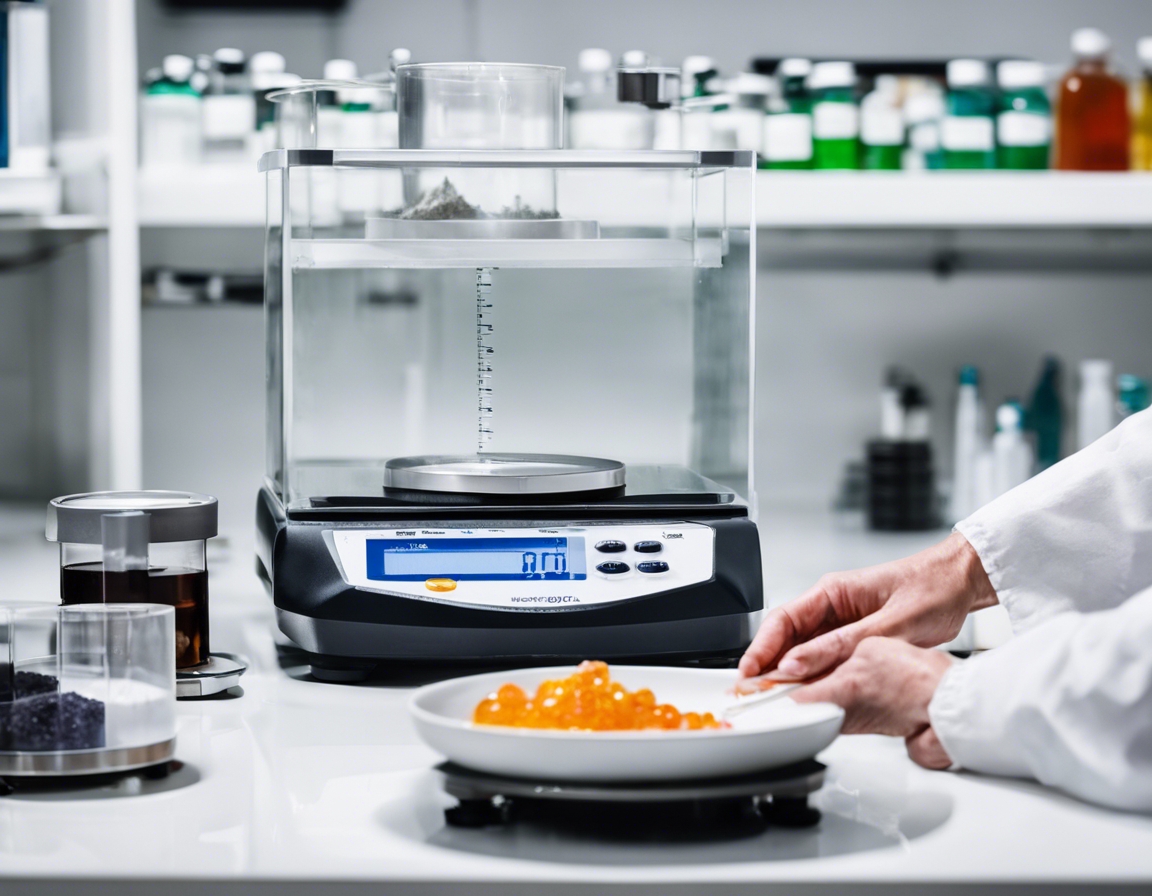The role of temperature control in quality assurance
Temperature control is a critical aspect of quality assurance that involves maintaining a product or process at an optimal temperature range to ensure quality, stability, and compliance with industry standards. It is a fundamental parameter in a wide array of applications, affecting everything from the efficacy of pharmaceuticals to the freshness of food products.
Industries such as pharmaceuticals, food and beverage, petrochemicals, and environmental agencies rely heavily on precise temperature control for their operations. Research institutions and universities also require accurate temperature regulation for various scientific experiments and studies.
Understanding the Impact of Temperature on Various Processes
Temperature can significantly influence the rate and outcome of chemical reactions. In the pharmaceutical industry, for example, maintaining the correct temperature is essential for the stability of drugs and their active ingredients.
In the food and beverage industry, temperature control is crucial for inhibiting microbial growth, ensuring the safety and extending the shelf life of products.
Temperature affects the physical properties of materials, which can impact the performance and durability of products, especially in the petrochemical and manufacturing sectors.
Temperature Control Technologies and Systems
There are various types of temperature control systems, including HVAC systems, refrigeration units, and specialized laboratory equipment like incubators and environmental chambers.
Technological advancements have led to the development of sophisticated temperature monitoring and regulation systems that offer precision and ease of use, such as wireless sensors and automated control software.
Implementing Effective Temperature Control Strategies
Implementing best practices in temperature management involves regular calibration of equipment, continuous monitoring, and prompt response to temperature deviations.
Maintaining optimal temperatures can be challenging due to external factors such as environmental changes, equipment malfunctions, and human error.
Adhering to regulatory compliance and standards is essential for industries to ensure that temperature control measures meet the required guidelines for quality and safety.
Advantages of Precision Temperature Control
Precision temperature control contributes to consistent product quality, which is vital for customer satisfaction and brand reputation.
Efficient temperature control systems can lead to significant cost savings by reducing energy consumption and minimizing product waste due to spoilage or non-compliance.
By maintaining products at the correct temperature, their shelf life can be extended, and safety can be ensured, which is particularly important in the food and pharmaceutical industries.






Comments (0)